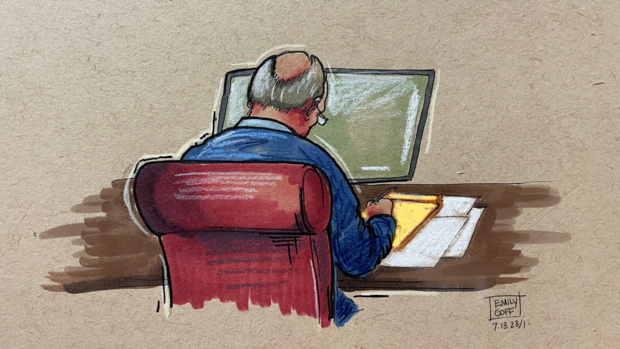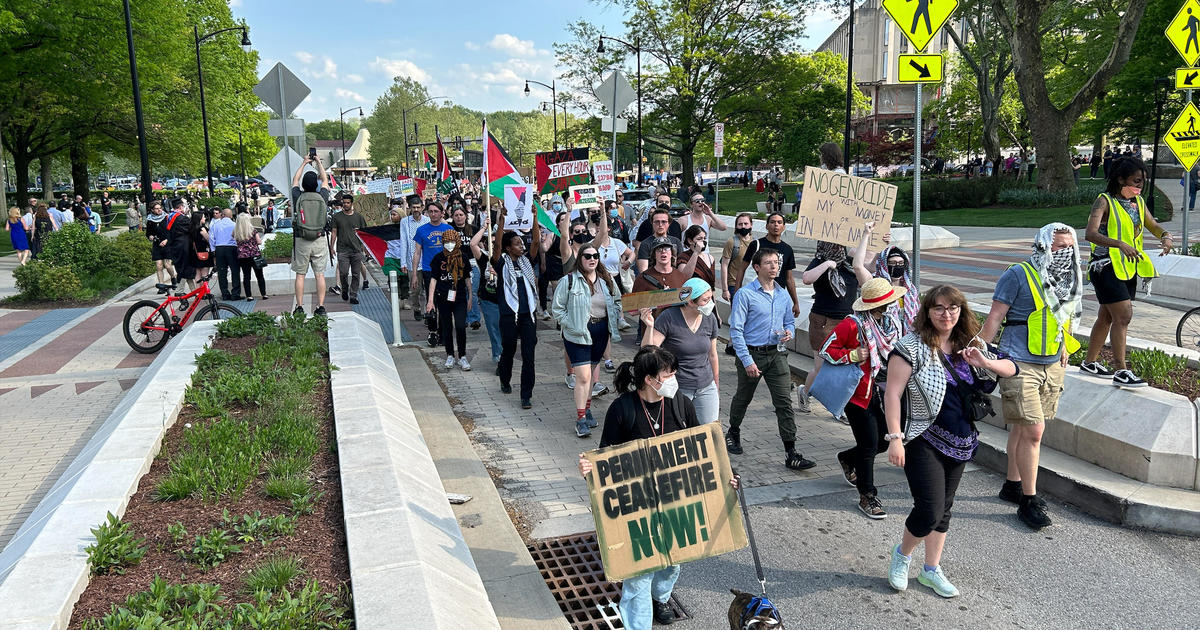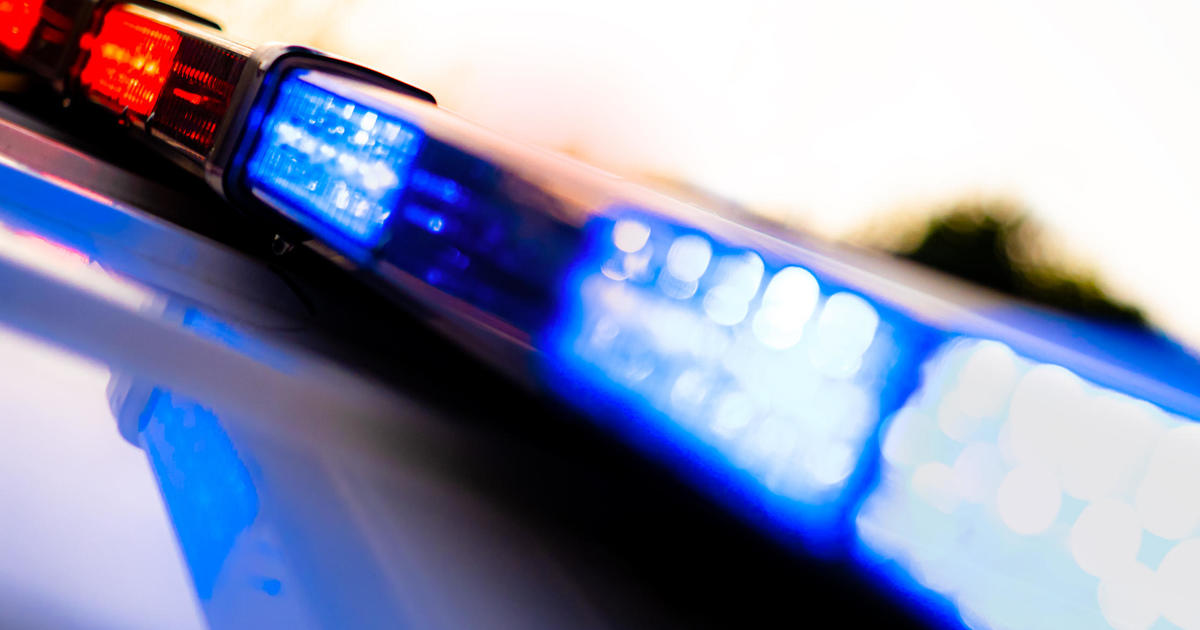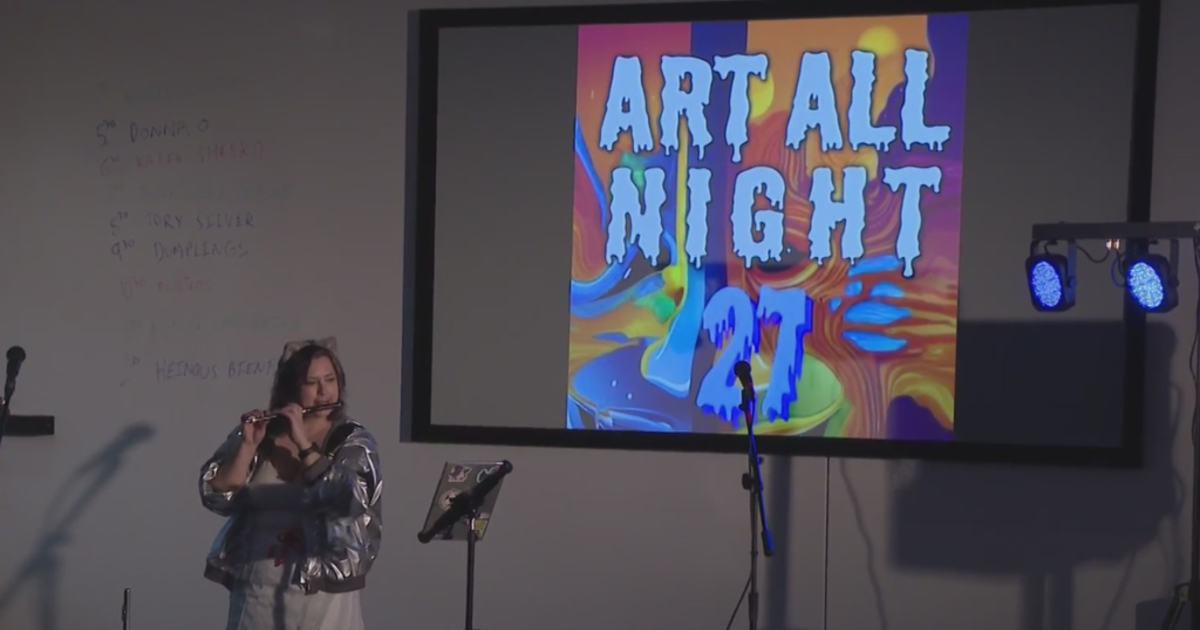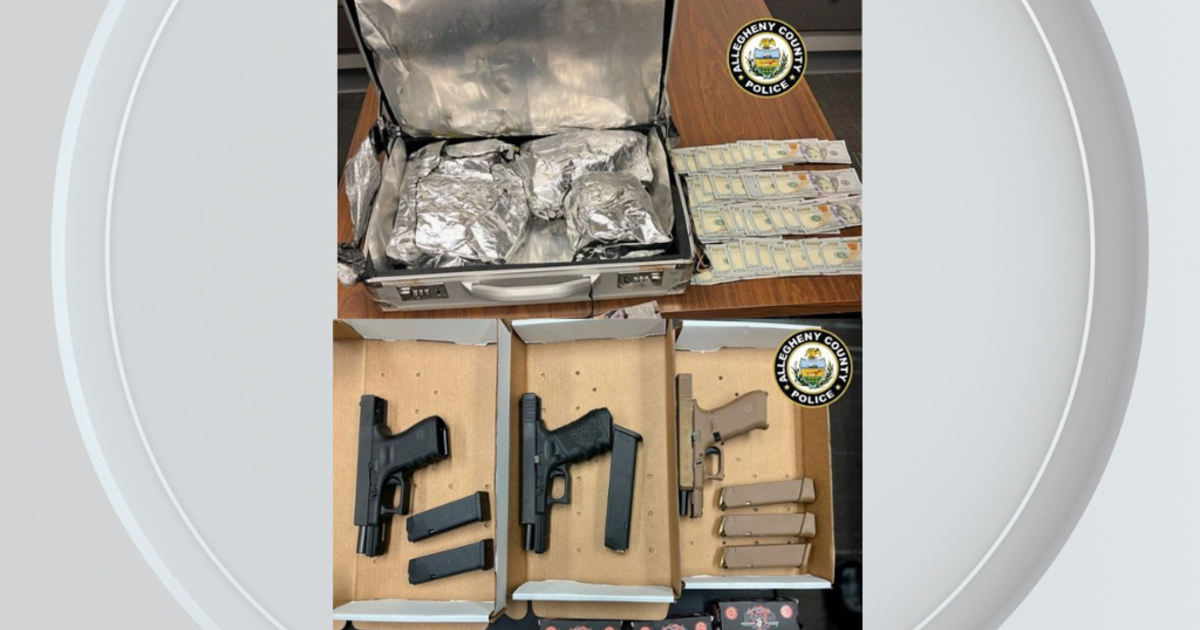Jury determines convicted gunman is eligible to face death penalty in Pittsburgh synagogue shooting trial
PITTSBURGH (KDKA) -- A jury ruled convicted Pittsburgh synagogue gunman Robert Bowers is eligible to face the death penalty for the deadliest antisemitic attack in U.S. history.
After returning to deliberations on Thursday morning, the jury quickly returned their decision. During this portion of the trial, jurors were asked to decide whether or not the gunman was eligible for the death penalty. The jury deliberated for about two hours over two days.
The jury was tasked with deciding on three things and voted yes to all three: he's older than 18 years old, he had intent and there were one or more aggravating factors.
The jury decided the gunman was capable of forming an intent to kill, the only issue debated during this phase of the trial. The jury didn't buy the defense argument that the gunman is mentally ill and driven by delusions and so couldn't form a true intent to kill.
In his summation, defense attorney Michael Burt reviewed in detail the testimony of defense witnesses who he said provided "concrete evidence of brain damage" in the gunman and who diagnosed him with schizophrenia and epilepsy. Burt said the gunman's mental disease led him to embrace a delusional antisemitic belief system that drove him to obsessively plan and kill.
"That delusional belief system took over his thinking and made him incapable of doing anything outside the aims of that delusional belief system," Burt said.
But in finding Bowers eligible, the jury appeared to embrace the counseling of prosecutor Soo Song who asked them to "use your common sense." Song said Bowers was "calm, focused and goal-oriented" when he coldly and methodically murdered 11 defenseless victims. To this day, she said Bowers celebrates committing the worst antisemitic attack in U.S. history.
"Members of the jury, he fired his rifle more than 70 times. Each and every time he pulled the trigger on his rifle, he was proving his intention to kill," she said.
The gunman showed no reaction as the jury rendered its decision.
The jury will return Monday morning to begin hearing testimony in the final sentencing phase. The government and prosecution estimate that it'll take about two-and-a-half weeks, then the jury will be called upon to decide whether the gunman faces the ultimate punishment.
Jewish community reacts
"It has been nearly five years since 11 people were taken from us," said Maggie Feinstein, the director of the 10.27 Healing Partnership. "They were beloved and valued family members, friends and neighbors. They cannot speak for themselves, and so their family members will speak for them. In the next phase of the trial, our justice system will perform its duty to listen to their voices. We support them and we stand with them."
While the congregation and the families themselves are divided on the death penalty and whether it should be imposed, Jeff Finkelstein, the CEO of the Jewish Federation, said Thursday's decision is justice for all.
"This was an act of antisemitism, not an act of mental illness. This was hatred towards Jews," Finkelstein said.
"I want to thank the jury for all their incredible work. I also hope that the next phase of the trial, which will allow the families of the victims an opportunity to speak, will give them a sense of relief and fulfillment," he added.
New Light Congregation, one of the three congregations that worshipped at the synagogue, issued a statement after the jury's decision, saying it draws a line between speech and action.
The statement reads:
"Today, a jury of his peers found that the death penalty may be an appropriate punishment for the worst anti-semitic act in the history of the United States – the murder of eleven innocent Jewish worshippers on October 27, 2018.
"The defense argued that the shooter suffered from delusions because he believed – and still believes according to the testimony presented at the trial – that all Jews must die. The Government countered that these beliefs are not evidence of a delusion as they are held by many people. The attack was premeditated and the shooter formed the intent to kill. The Government argued that no one is free to act on those beliefs; they may not commit murder or other overt acts against innocent individuals.
"For over a thousand years hatred of Jews has been a central theme of many religions and governments. Since World War II, the Federal Government, the Courts, State legislatures and governing authorities of many religious groups have acted to counter these beliefs and to ensure that all laws and customs apply equally, regardless of one's religion. Significant progress has been made in the past eighty years, but there is still work to be done. This trial is an important step in drawing a line between speech and action.
"We commend the jury on their difficult work and trust in their judgment as we enter the final sentencing phase of the trial."
Recapping the penalty phase of the trial
During this eligibility portion of the penalty phase, Forensic psychiatrist Park Dietz has testified Bowers was not schizophrenic and not driven by mental illness when he murdered 11 innocent victims in October 2018.
Last week, Dr. Deitz began his testimony, saying the suspect knowingly and willingly killed those 11 people.
Earlier testimony in the penalty phase has consisted of medical experts being called to the stand surrounding the gunman's diagnoses of epilepsy and schizophrenia, while prosecutors of challenges those diagnoses.
Other testimony has included psychiatric reports, examination notes, and IQ analysis all surrounding the mental state of the accused gunman.
Last month, the gunman was found guilty of all 63 federal charges in the attack.
Support is available for those in need during the trial
If you or someone you know is experiencing mental health effects from the trial, go to 1027healingpartnership.org to find help resources. As always, call 911 to report threats.
Phone: 412-697-3534
Email: info@1027HealingPartnership.org
Website: 1027healingpartnership.org
More resources can be found here.
